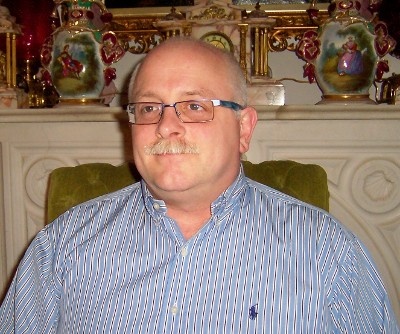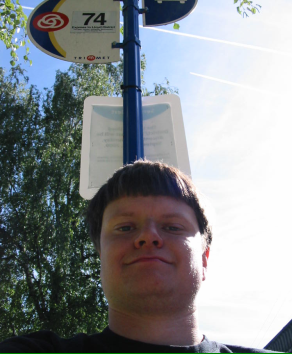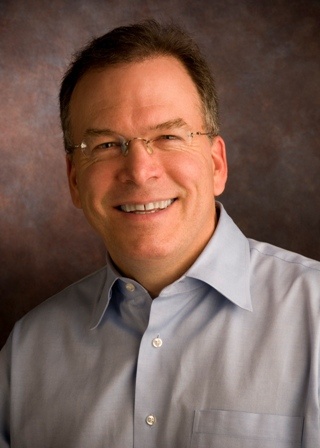For this, one of the more competitive races on the May 18 Primary Elections ballot, candidates vary widely on their priorities.
The City of Portland Commissioner Position #2 candidates weighed in on four questions posed by The Skanner News. Here are their answers, unedited.
Walt Nichols

What are your top three priorities if you are elected?
Stop legacy projects spending, Get city spending back to the basic services, public safety, the needs of the homeless, underemployed, work to get business back into the city, cut the high city fees to start a business in this city, stop taxing business twice for the same tax base services. along with getting the Port of Portland back to a full working port, also find ways to attract new jobs. But first allways ask how do you intend to pay for new projects and services.
What special experience to you bring to this office?
My job experience has given me in-depth knowledge of how to manage worthwhile community projects while keeping a steady hand on the financial reins. I have worked as a bookkeeper for the last ten years. Earlier I was a purchasing and shipping agent and project manager. I was also a gallery and art show organizer and resident artist.
Give a concrete example of how you would allocate scarce budget resources for the maximum benefit of your constituency.
Get back to the basic city services, not spending money pet projects.
What do you see as the top two issues facing the African and African American communities in the Portland metro area and what will you do to address those issues?
We have to get this city living wage jobs for everyone, equal access to education, housing, and all city services. We have to address the racism with in the Portland Police, get back to community involvement policing. And above all we all must hold each other accountable to restore trust.
Jason Barbour

Top 3 priorities:
1. The City of Portland becomes a voice for citizens; not corporations, wealthy developers, and multi-millionaire professional sports team owners. This involves candidly asking the community what isn't working, and making sure these problems are fixed.
2. Work with other governments in the region, including the counties (Portland has residents in Multnomah, Clackamas, and Washington Counties), TriMet, Metro, and the State of Oregon, to ensure the need for basic services are met without expensive duplication.
3. Ensure our transportation system helps create stronger communities, better educational opportunities, better local shops and services, lowers unemployment through increased access to jobs (and more employment closer to where residents live), and enhances civic involvement; do this through stopping the Columbia River Crossing and entering into a regional memorandum of understanding regarding where jobs are created, demanding an elected TriMet Board of Directors, and a region-wide process for renaming public infrastructure.
Special experience:
I bring firsthand experience in advocacy and activism through my involvement with the Sellwood Bridge Community Task Force, more recently at Portland Community College (where I'm a student), and on behalf of TriMet riders. For example, I have spoken out against a community college student government that is not representative of its students, and how TriMet is not meeting the essential transportation needs of the community.
Concrete example of budget allocations:
When a project is completed and comes in under budget, any "leftover" funds must go towards retiring debt service of that bureau. If there is still any funds "leftover," it goes towards retiring general debt service of the City of Portland.
Facing the African-American community:
(I'm a white male, but I'll do my best on this)
1. Portland feels less like a city and more like several different cities under a common government that listens to very few. The city needs to explain that we need to hear from more individuals from diverse backgrounds on a wider variety of topics more often.
2. Perception that the Portland Police Bureau is using racial profiling. Two word answer: police reform.
(T.O.Y.) Timothy O. Youker
I will go to every department within the City of Portland and work along side employees to find out what real changes can be made to improve that department.
Setting up a public vocational training center having all students volunteer in the community and or a sliding scale for payment for classes taught by working professionals or portland public school teachers.
I would Change the way public help information is getting to the public. I would increase the duties of the public information office. By delivering the information to community centers, recourse centers and retail stores in the metro area. Starting a public help and education campaign.
I was homeless in Portland 5 years ago. My experience will help educate the homeless on how to get a help up, not just a hand out. As a business owner for 18 years in Portland I can understand and help solve issues involving business owners. As a community crime fighter who stopped Bank Robbers, I became a role model and mentor to thousands as a Professional actor, entertainer.
Offering TAX credits to business that hire the homeless and minorities. Business that hire 50 to 499 people will get tax credits and more incentives like Grants. Business that hire 500 or more Oregonion's, City could help with land, tax credits, education grants for employees that volunteer their time helping the community, construction grants.
African and African American are not asking for the help when needed. Every community in portland needs to have a recourse center. Telling the public were help is available for housing, utilities, vocational training, food, mental health to cloths and more.
Nick Fish

1. What are your top three priorities if you are elected?
Top 3 priorities: Jobs, housing and parks.
Jobs: Small businesses are the backbone of our local economy. They create most of the new jobs. I have worked hard to support our small businesses by reforming the business license fee, co-sponsoring a "buy-local" ordinance to keep our tax dollars in the local economy, streamlining our permitting system, and expanding opportunities for minority contractors.
Housing: Everyone deserves a safe, decent and affordable place to call home. As Housing Commissioner, I am leading the city's efforts to end homelessness, prevent foreclosures, close the minority homeownership gap, and preserve housing for older adults and the disabled.
Parks and Recreation: As Parks Commissioner, I am working to deliver parks and programs to underserved parts of the city, fund vital programs for older adults and children, protect our parks, trails and natural areas for future generations, and build community gardens in every neighborhood.
2. What special experience do you bring to this office?
Special Experience: Civil rights lawyer, host of public affairs show, and community volunteer. For twenty years, I fought for civil rights and for fairness in the workplace. I have volunteered with numerous non-profits, including Volunteers of America, Oregon, the Campaign for Equal Justice, and the Oregon Cultural Trust. And, I hosted "Outlook Portland," a public affairs show shining a light on local government.
3. Give a concrete example of how you would allocate scarce budget resources for the maximum benefit of your constituency.
As Parks Commissioner, I fought to protect recreation programs and SUN schools from budget cuts. We should not balance our budget on the backs of children, the elderly and the disabled.
4. What do you see as the top two issues facing the African and African American communities in the Portland metro area and what will you do to address those issues?
Jobs and schools.
Jobs: The most important issue facing all Portlanders is jobs. I have spent most of my adult life working to remove barriers to equal opportunity. I am currently leading the city's efforts to expand opportunities for minority businesses by strengthening our minority contracting programs.
Schools: As the parent of two public school students, I understand the importance of providing all of our children with a quality education. My priorities include stable funding for schools, closing the achievement gap, and reducing class sizes.






















































































































































































































































































































